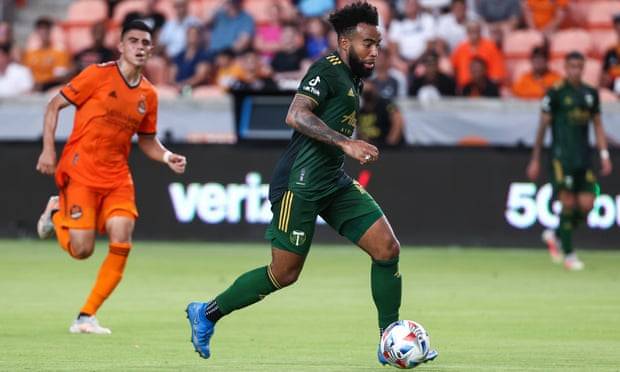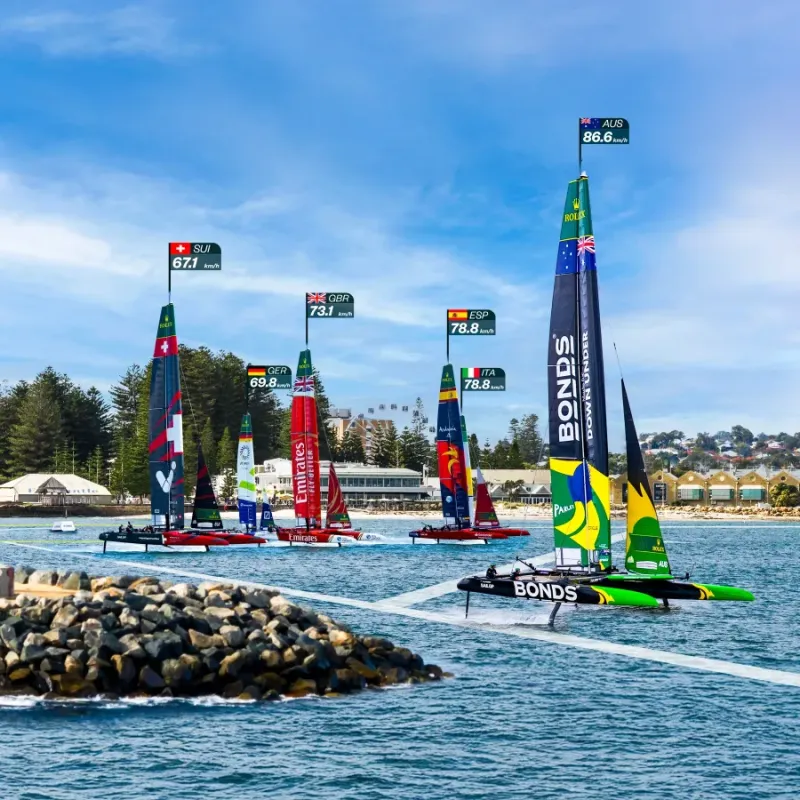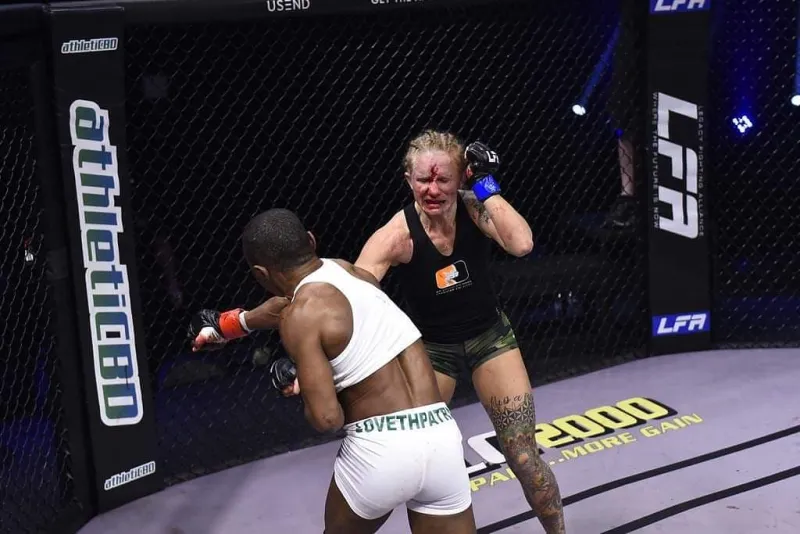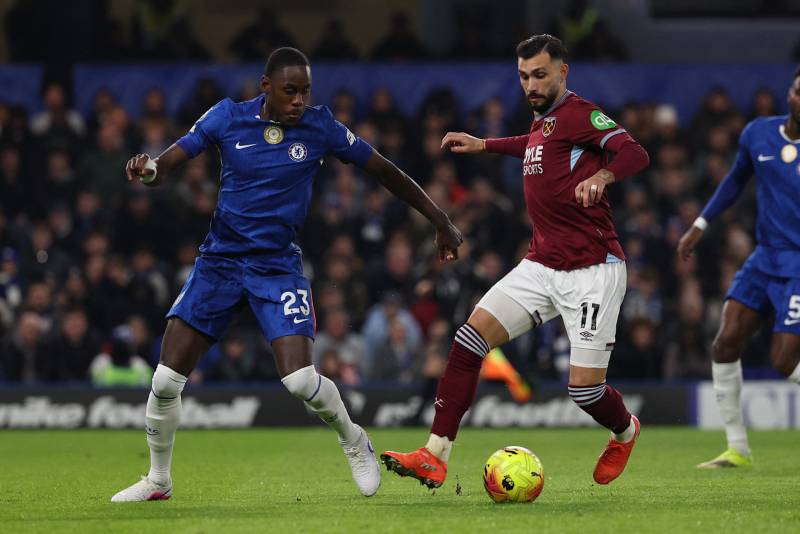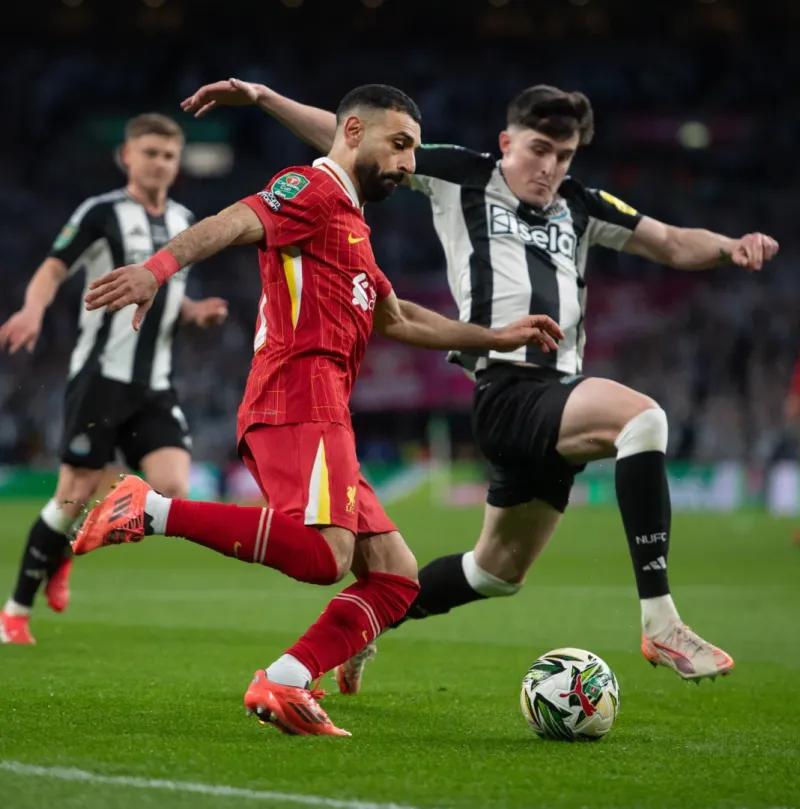On Saturday, for the first time in their history, the Portland Timbers will host the MLS Cup final. Portland, who face New York City FC, are playing in their third MLS Cup final in seven seasons. But Timbers midfielder Eryk Williamson says the historic match brings a new level of anticipation.
“It’s unbelievable because you see the games and the playoff games that we’ve been in and you’ve never felt this energy,” Williamson says.
More notably, the Timbers feature prominent Black players from three continents, such as Williamson, Dairon Asprilla and Yimmi and Diego Chará, who are up against NYC FC captain and goalkeeper Sean Johnson and Afro-Brazilian forward Talles Magno in one of the whitest cities in America. Those players represent the diversity within American soccer and the Black diaspora says Williamson.
Portland became one of the focal points of last year’s racial justice protests that followed the police murder of George Floyd, with federal agents called into the city at one point. During the protests Williamson, who is a member of Black Players for Change, discussed increasing Black representation at the club with head coach Giovanni Savarese and general manager Gavin Wilkinson.
“When you look at the players, we’ve done a good job at building a strong Black core,” Williamson says.
New York City FC's Maximiliano Moralez, center, celebrates his goal with teammates during the second half of an MLS playoff soccer match against the Philadelphia Union, Sunday, Dec. 5, 2021, in Chester, Pa. (AP Photo/Chris Szagola)
The days of Lampard and Pirlo have gone for NYC FC. And the team is better than ever
But Portland, Oregon’s largest city, which is nowadays associated with its progressive, hipster culture, hasn’t always welcomed Black Americans and immigrants. The city has also been home to systemic racism and white supremacy since it was established in the 1800s. From 1857 to 1927, Black people were prohibited from entering Oregon, while Chinese Americans were banned from owning property in the state’s early history. The Ku Klux Klan was active in the state well into the 20th century, with 14,000-20,000 members by the mid 1920s.
In 2017, Walidah Imarisha, an expert on Oregon’s Black history, told the Guardian that while “Portland spends a lot of time being incredibly self-satisfied”, the “foundation of Oregon as a state, and in fact the whole Pacific north-west, was as a racist white utopia”. Indeed, the state’s constitution included clauses such as “No free Negro, or mulatto, not residing in this state at the time of the adoption of this constitution, shall come, reside, or be within this State, or hold any real estate” until voters chose to remove it in 2000.
When Williamson was traded from DC United’s academy to Portland in 2018, he says the small Black presence in the city was “eye-opening” compared to DC. Black people only make-up 6% of the city’s population (compared to around 12% of the US as a whole), a figure due in part to the practice of redlining that kept Black Portlanders from buying property in white neighborhoods. Black residents of the city were pushed to the floodlands of the Vanport housing project which was eventually wiped out when a dam broke.
This history clashes with the public image of the club’s main supporters group, the Timbers Army, which is known for its progressive values. In 2019 the Timbers Army made international news when MLS banned its members from displaying the symbol of the anti-fascist Iron Front group (MLS subsequently reversed the ban after widespread outcry).
Jeremy Wright, co-founder of the Timbers Army, says the organization actively upholds anti-racist values and has always acknowledged why Portland is a white city and the specific laws passed to keep Blacks out.
“We’ve always tried to hold space around that and it’s always been a challenging conversation in our liberal white city,” says Wright. “It’s one thing to say it, but you have to actively stake out your claim and support your players.”
Wright, like Williamson and former Timbers players Chris Duvall and Jeremy Ebobisse, marched during the 2020 social justice protests. Wright agrees with Williamson that Saturday’s match is a good stage for the team’s Black players.
“We see this as our opportunity to clapback and say this is who we are and this is what we’ve built,” Wright says. “It’s important that a majority white city is embracing a team made up of Black men from around the world.”
MLS also sees an opportunity to showcase the league’s diversity. At his annual State of the League Address this week, commissioner Don Garber highlighted the diversity and hiring policy updated by Sola Winley, MLS’s executive vice-president and chief DEI officer, in collaboration with Black Players for Change and the Soccer Collective on Racial Equality. The league is positioning itself to reflect the diversity of the US and Canada.
“We are working on our diversity initiative to ensure we have more diversity in our front office and technical staff to reflect the diversity of our country and the increased number of Black players participating on our fields.” Garber says. “The goal is to increase representation, particularly, among the Black community.”
That goal will hopefully get a little closer on Saturday.
SOURCE : Guardian
